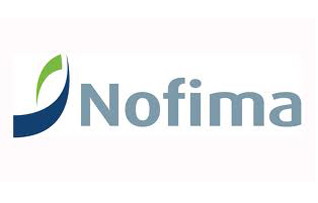 ent is following other examples in seeking a national seafood sustainability certification program, competing with private international organizations such as the Marine Stewardship Council (MSC).
ent is following other examples in seeking a national seafood sustainability certification program, competing with private international organizations such as the Marine Stewardship Council (MSC).The Norwegian Institute of Food, Fisheries and Aquaculture Research (Nofima) has conducted research on third-party certification, concluding that Norway might benefit from having its own program.
“Our study shows that alternative third-party certification is accepted by the market,” said Bjørg Nøstvold, a scientist with Nofima. “We believe that the establishment of a Norwegian sustainability program can give new opportunities. There may be, however, challenges associated with choosing not to use the MSC system.”
The study examined sustainability certification and labeling programs established in Iceland and the U.S. state of Alaska. Both are based on standards set by the United Nations Food and Agriculture Organization (FAO). The Alaska Seafood Marketing Institute, an organization that promotes and supports the Alaska seafood industry, has long criticized the MSC, and has offered its responsible fisheries management program as an alternative. If Norway pursues its own program, Nøstvold said, it would likely be a replacement for MSC certification.
“Iceland and Alaska both use not only their local program but also the MSC program. This would, of course, be possible also in Norway, but is rather inefficient, and would increase not only the price of fish but also costs in the industry,” he said. “We should, therefore, make it our goal to use only the Norwegian program, even if it will probably be necessary to retain MSC certification during the transition period.”
The researchers also studied markets in the United Kingdom and Sweden to see if sustainability labeling made any difference to consumers. They found that consumers notice the labels, but don’t always differentiate between international, third-party labels and labels from a national program. One thing the researchers did find, Nøstvold said, was sustainability labeling mattered enough to consumers that it makes sense for seafood producers to get certified.
“The studies show that sustainability certification is a well-established purchasing criterion both in Sweden and in Great Britain, although most companies also buy non-certified fish,” Nøstvold said. “This confirms, among other things, that it is currently unrealistic to attempt to work without certification in many important markets.”





